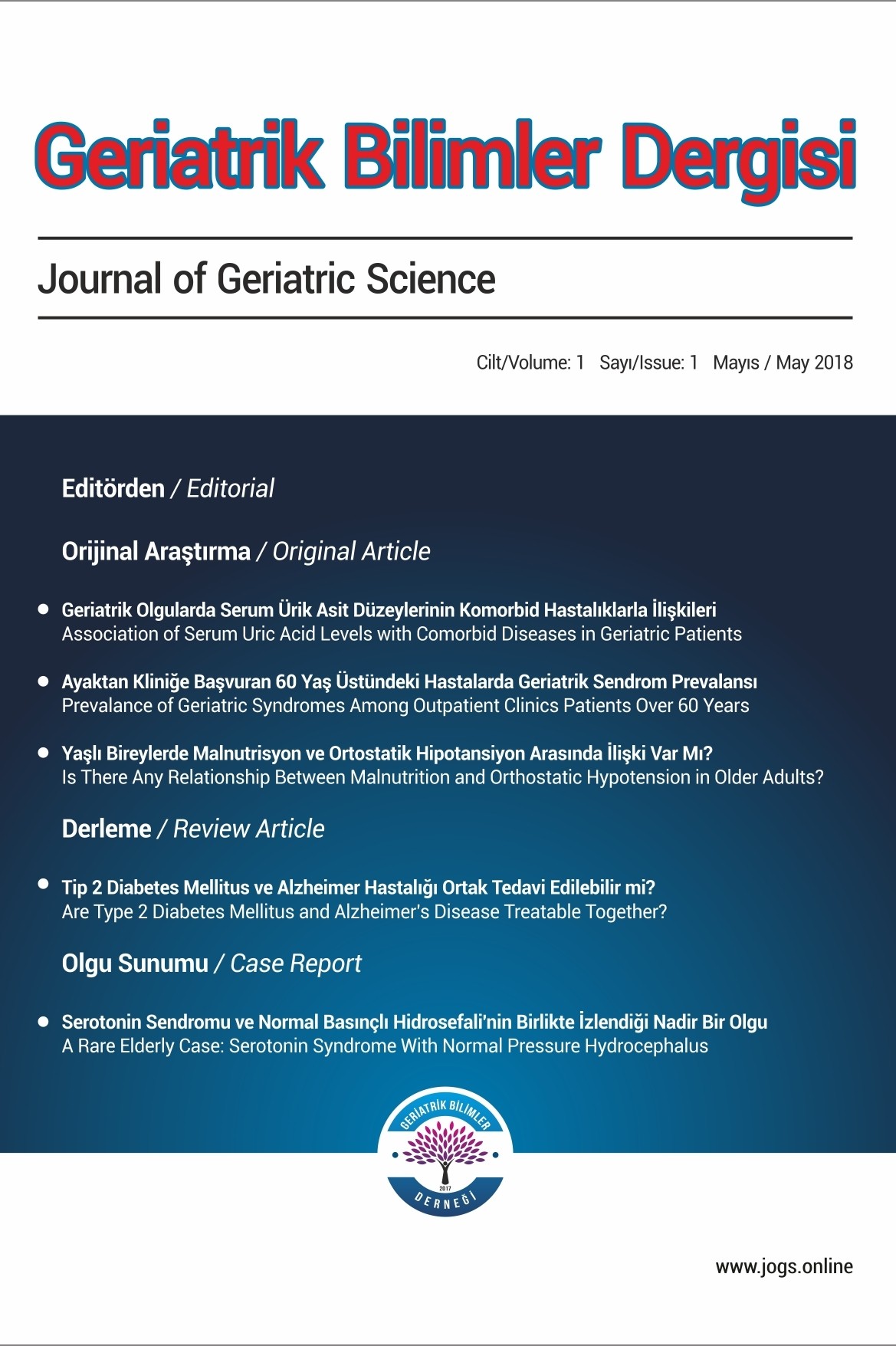
Geriatrik Bilimler Dergisi
Yazarlar: AL-JAMAL, Pinar SOYSAL
Konular:Tıp
Anahtar Kelimeler:Palliative care,Demographic evaluation
Özet: Aim: The first formal legal regulation of palliative care services in Turkey issued in July 2015 and has taken its final shape with the update, issued in July 2018. The palliative care unit primarily cares for oncologic terminal period patients and post-CPR ICU patients preadmission before home care or nursing home. Palliative care units provide, in addition to pain management, nutrition support, wound care, infection treatment, mobilization, and psychological support. This study aimed to reveal the general characteristics of patients hospitalized in the palliative care unit of Dragos hospital of Bezmialem Foundation Universty. Material and Methods: This study includes a total of 261 patients and used the records of patients admitted to Dragos hospital of Bezmialem Foundation University palliative care service between June 2018 and June 2019. Results: The mean length of hospitalization for one patient was 20 days. Only 7.6% (n = 20) of the patients were referred to another health care method/center (home care, inpatient service, nursing home). The majority of the patients (52.9%, n = 138) died in the unit. Approximately 40% of patients (n = 103) were discharged home. The demographic distribution of the mass consisted of 82 patients, 51% (n = 42) of which were men and 49% (n = 40) of women, and the majority of patients were patients with terminal oncologic diagnosis (80%, n = 66). According to the oncological / non-oncologic distribution, the demographic comparison showed that the female / male ratios were similar in both groups, but the oncologic group had a higher average age (70.22 years, 52.87 years, respectively) than the non-oncologic group. (60% (n = 40), 19% (n = 3) respectively) Furthermore, the mean length of hospitalization was shorter (10.33 days, 11.44 days, respectively). Conclusions: Palliative care center's first 13 months last four months and demographic statistics and diagnostic information for advanced studies shed light on the future expanded over the years, will contribute to the development of palliative care in Turkey.